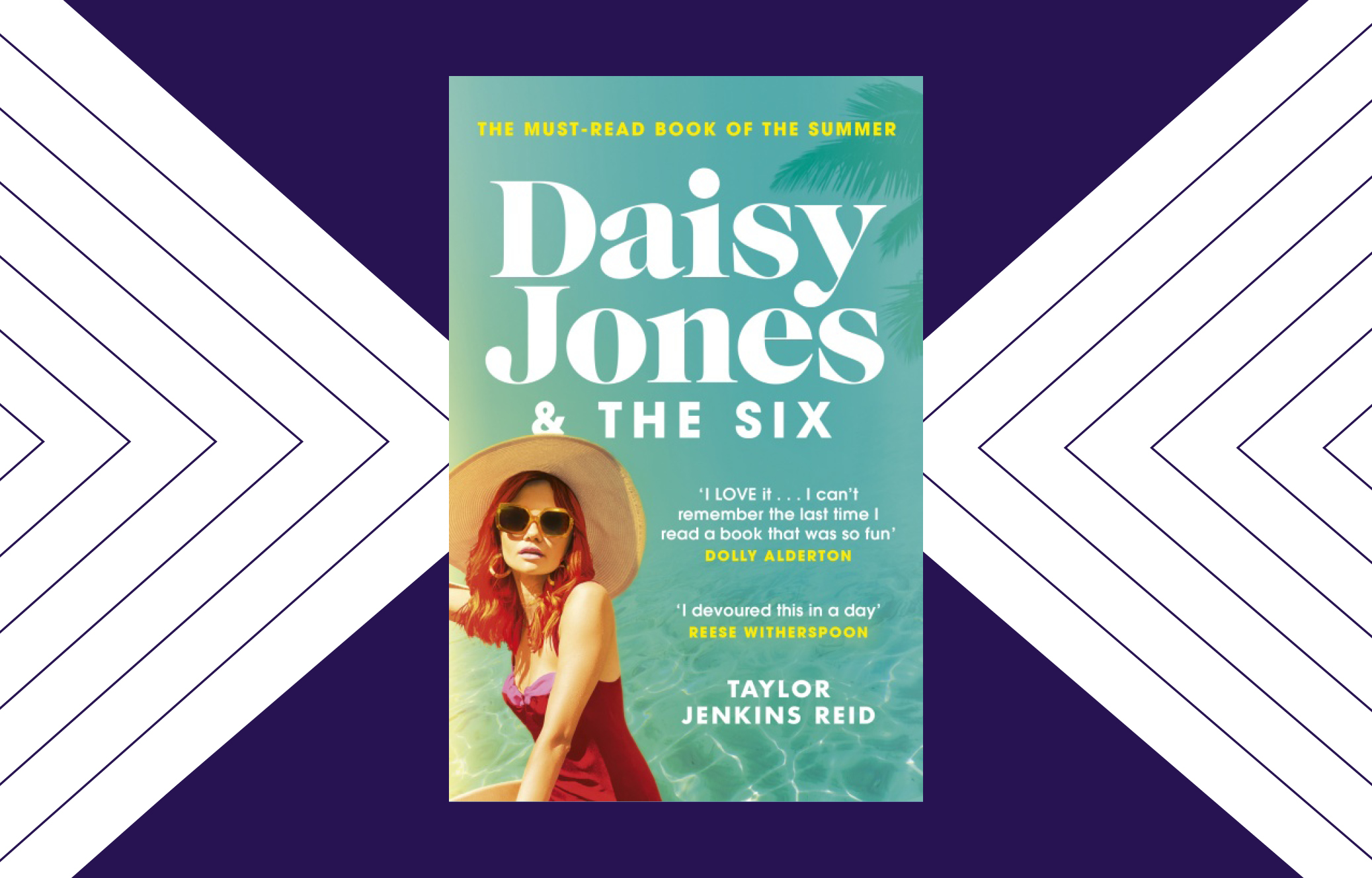- Home |
- Search Results |
- Daisy Jones & The Six is perfect for anyone missing live music in lockdown

There are certain things that, even in what would become the early stages of lockdown, became unimaginable in our new landscape. Squeezing onto a Tube carriage as the doors beeped, greeting strangers with a kiss on the cheek and, perhaps most of all for me, finding yourself gasping for air, sweat beading at your forehead, as a band tore through a familiar riff on stage. The strange and sticky mixture of beer and filth left on a pair of trainers by a dancehall floor. The judder of a bassline up your spine.
Live music, like many of the arts, will emerge from lockdown looking drastically different. How can one socially distance in a moshpit? Where can bands breakthrough if the back rooms of pubs become off-limits? Those for whom live music is a lifeblood – not just the musicians and the promoters, but the fans, too – finding new ways to satisfy their cravings is crucial.
Taylor Jenkins Reid offers one way with Daisy Jones & The Six. Stitched together as an oral history, presented by a journalist whose identity is only revealed with a poignant, final twist, this is the meticulous story of the parabolic success and decline of a rock band in 1970s California. The Six are a talented blues-rock group who find their chart positions transformed when Daisy Jones, a rich kid runaway barely out of her teens, collides with the ambition and creative avarice of frontman Billy Dunne.
There is largesse, excess and private jets
Flitting between the band members and hangers-on, Reid’s fragmented dialogue transforms the languid hours of writing, recording and touring music into something fuelled by angst and amphetamine. Following the band from dive bar to stadium, the reader gets a very real sense of what it was to witness Daisy Jones & The Six. "It felt like they were ripping their hearts out on national TV," remembers their manager; "For three minutes, I think I forgot we were performing for twenty thousand people. I forgot his family was standing there. I forgot we were singers in a band. I just existed", remembers Daisy Jones.
Diving into Daisy Jones & The Six is fun and indulgent in the same way that it is fun and indulgent to watch Almost Famous or Rocketman; there is largesse, excess and private jets. But what enables it to scratch the itch that live music has left behind is how Reid has captured the spirit of what it is to be in the band, to be on the stage rather than looking at it. She gives us another angle to watch the gig from; she offers something very few of us will experience – regardless of the pandemic.
And she leaves her working out tantalisingly on show. Reid’s said she fell for Fleetwood Mac as a teenager, while watching them perform torch song Silver Springs in 1997, two decades after the band’s Rumours-era peak, and there is much of that album in Aurora, the one the band write in the book. Similarly, it is easy to retrofit photos of Nicks to Reid’s Daisy, accounts of which corroborate over the character being ‘this crazy tall, crazy skinny girl with these bangs. And the biggest, roundest blue eyes you ever saw in your life, man.’ Daisy had full lips, armfuls of bangles and an innate splendour. She never wore shoes; she threw herself into swimming pools in silk caftans, fuelled on champagne and cocaine. "If the rest of the world was silver", recalled her friend Simone, "Daisy was gold".
Listen to an extract from Daisy Jones & The Six
I’d heard about Daisy Jones & The Six before I read it; people I followed on Instagram shared their enthusiasm for the book. More than praise, here were accounts of something more feverish, a kind of longing for a person and a time that no longer existed. When I finished the book, I felt that too. I watched that 1997 performance; I Google-imaged Nicks and marvelled at the results; I listened to Rumours on repeat and sung along very loudly; I watched Nicks bellow Rhiannon on crackly YouTube uploads; I read old Spin interviews with her, found her stories made Daisy’s look meek.
At the moment, going to a show feels as strange and impossible as going back to the 70s to watch Fleetwood Mac, or standing in front of Daisy Jones & The Six. And that, I think, is why Reid’s narrative felt even more potent. For a few hundred pages, I could suspend myself in a giddy fantasy of something that feels newly lost.